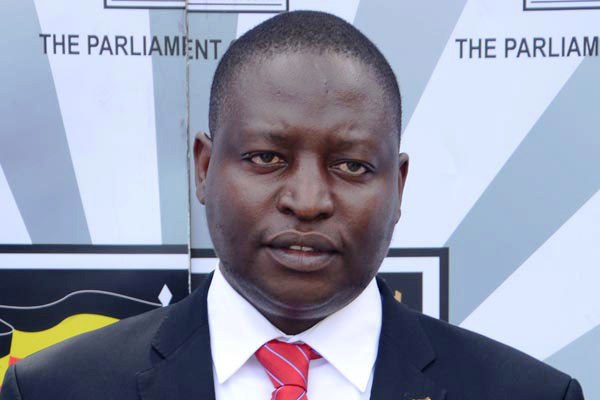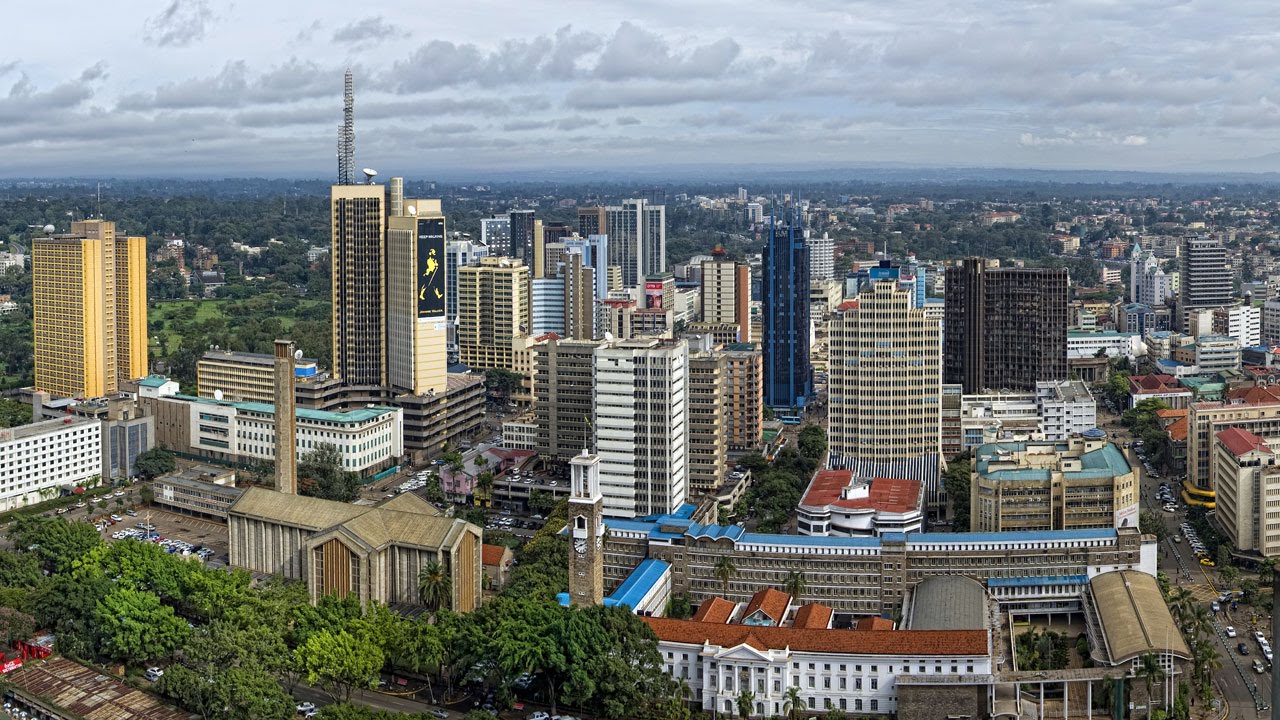People who have been eager to occupy political offices in newly created districts should wait a little longer because government has no money to hold the elections.
The pronouncement was made today by the State Minister for Planning, David Bahati during the plenary sitting when he was asked to update Parliament on when elections would be conducted in the new districts.
The Minister said that Ministry of Finance is consulting with Attorney General on how to handle the matter.
“At the moment, there are no resources to spend on elections in the new districts,” Bahati said.
However, Kasiano Wadri, Arua Municipality rejected Government statement wondering why it has a high propensity of creating administrative units without planning for resources to hold elections.
“If you don’t have the money, why go ahead to create new districts and raising people’s hopes? You are now talking about next year, what happens if a serious Ugandan takes you to court?” Wadri said.
Deputy Speaker, Jacob Oulanyah wondered how Bahati could feign absence of money yet these districts were from government; the proposal for phasing them out came from government and convinced parliament of the proposal.
“What is the problem, it is about short notice, it is something you proposed, it should be in your work plans,” said the Oulanyah.
Bahati replied saying; “We don’t have resources at the money. In future we should rethink of whether to hold elections once. There is no money and unfortunately we can’t print money.”
Still, Joy Atim, the Lira District Woman MP tasked the Ministry of Finance to explain if any communication has been sent out to the mother districts because most of them aren’t ready to budget for new districts.
She said: “Have you in your capacity written to the mother districts to tell them to budget as the original district. What have you done to make them know there is no budget for them?”
In response, Bahati said: “The fact is there is a challenge of money; the constitution doesn’t say create the money.”
Electoral Commission recently warned Government against creating more new districts, arguing that bringing on board more districts would distort the smooth flow of electoral activities ahead of the 2021 general elections.
The Commission officials made the remarks while appearing before the Committee of Legal and Parliamentary Affairs to present the 2019/2020 National Budget Framework Paper.
Justice Simon Byabakama, the Chairman of the Electoral Commission in his written statement noted; “These districts need to be operationalised for the Commission to effectively implement electoral activities as over the road map. According to the EC Roadmap, Government is advised not to create new districts and administrative units after September 2018 for purposes of proper planning and smooth implementation.”
Information from the Commission indicates that districts of; Nabitatuk, Bugweri, Kassanda, Kwania, Kapelebyong and Kikuube were meant to have come into effect by 1st July 2018 and an additional seven districts are meant to come into effect by 1st July 2019 and these include; Obongi, Lusot, Karenga, Kitagwenda, Madi-Okollo, Rwampara and Kazo.
However, due to inadequate budget provisions, the Commission has not been able to operationalise the said districts with Shs11.798bn required to operationalise these districts yet no funds have been availed to that effect.
“The Commission has not been able to operationalise the four new districts that became effective July 2016, six districts effective July 2017, six districts effective July 2018 and proposed seven districts that will become effective in July 2019. The Commission is constrained and will not be in position to commence electoral activities in these districts at the same time with the rest of the country,” Byabakama said.
According to the breakdown, the annual wage bill and non-wage component for the twenty three districts is Shs3.46bn and Shs3.5bn respectively bringing total to Shs6.96bn. The Commission is also required to provide a motor vehicle and motor cycle to every district both estimated at Shs210M per district amounting to Shs4.8bn for the twenty three districts bringing the whole total requirement to Shs11.79bn.





